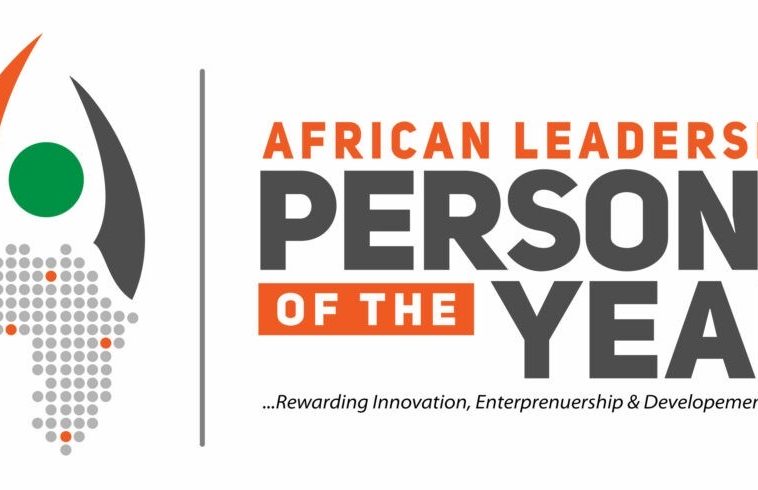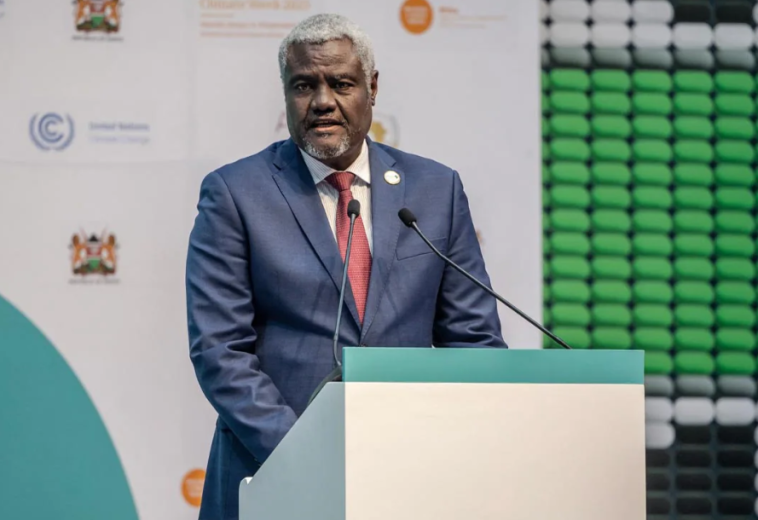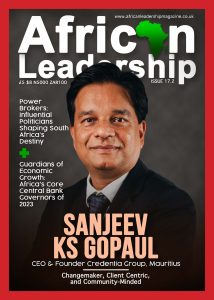Nigeria, Africa’s largest economy, continues to gain global attention, particularly with Lagos State ranking as the continent’s ninth-largest economy. It stands as a bastion of stability amidst regional turmoil, boasting a growing tech sector, educational prominence, and the global ascent of Afrobeats.
As a Commonwealth member, Nigeria enjoys the network’s benefits, fostering trade advantages and investment opportunities, notably with the UK, India, Canada, and Australia. However, bridging the gap between Nigeria’s potential and utilising Commonwealth opportunities remains a challenge due to the network’s complexity.
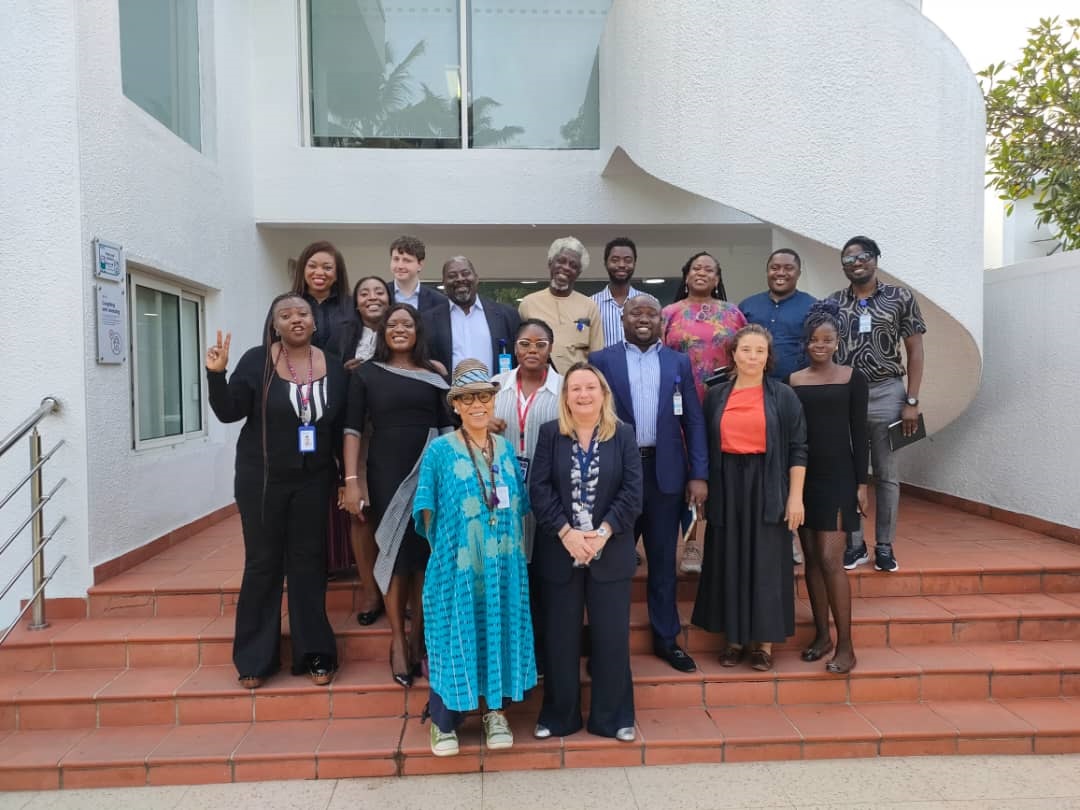 Addressing this gap is the Centre for Commonwealth Affairs, aiming to harness Nigeria’s potential through pan-Commonwealth policy ideas. A recent visit to Nigeria by the Centre’s Director and Ms. Abimbola Okoya, former President of the Nigeria-Britain Association, focused on aligning UK-Nigeria relations and Commonwealth engagement.
Addressing this gap is the Centre for Commonwealth Affairs, aiming to harness Nigeria’s potential through pan-Commonwealth policy ideas. A recent visit to Nigeria by the Centre’s Director and Ms. Abimbola Okoya, former President of the Nigeria-Britain Association, focused on aligning UK-Nigeria relations and Commonwealth engagement.
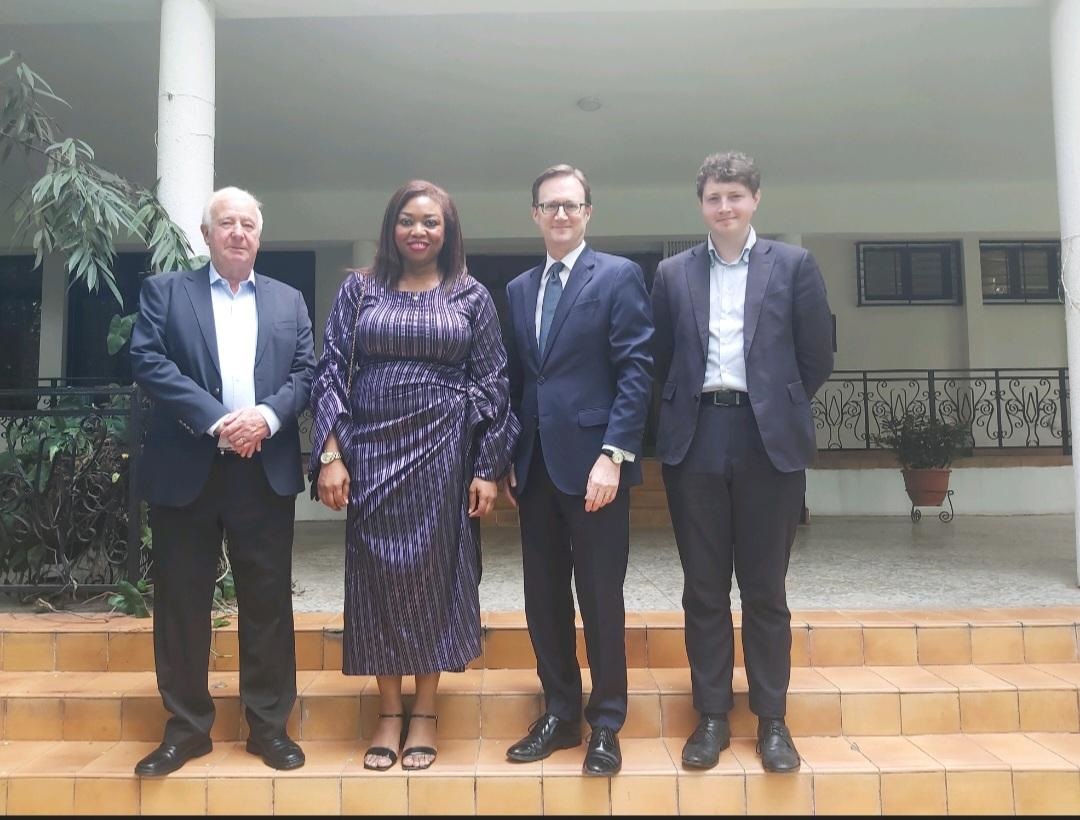 Engagements with various sectors revealed challenges and opportunities. For instance, discussions with the Manufacturers’ Association of Nigeria Export Group highlighted the need to enhance non-oil exports. Similarly, small businesses expressed eagerness to trade with the UK but faced regulatory and clarity hurdles.
Engagements with various sectors revealed challenges and opportunities. For instance, discussions with the Manufacturers’ Association of Nigeria Export Group highlighted the need to enhance non-oil exports. Similarly, small businesses expressed eagerness to trade with the UK but faced regulatory and clarity hurdles.
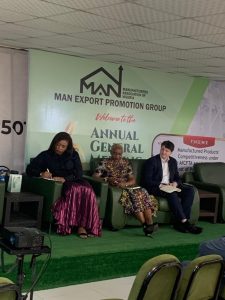 The finance and fintech sector discussions underscored Nigerian innovation while highlighting challenges in cross-border operations due to UK financial services regulations.
The finance and fintech sector discussions underscored Nigerian innovation while highlighting challenges in cross-border operations due to UK financial services regulations.
Conversations at the British Council in Lagos showcased Nigeria’s vibrant youth, hungry for opportunities in education and the creative industries. However, regulatory barriers hamper their progress.
Throughout the journey, Nigeria’s warm spirit and thriving business community were evident. Yet, systemic policy changes are imperative to overcome regulatory barriers hindering success. While UK rhetoric aims at improving Africa relations, substantive steps remain lacking, especially in Nigeria.
The Centre prioritises nuanced policy conversations over glitzy events, aiming to lead impactful discussions with policymakers and civil servants. The hope is to contribute to revitalising UK-Nigeria relations, recognising their mutual potential.
Acknowledging the invaluable support received, the Centre plans to produce a white paper with practical recommendations by year-end. This report intends to lay the groundwork for future collaborations, recognising Africa’s vast potential.
The journey continues; challenges await, but proactive and clear policy directions are key to unlocking success for the Centre, the Commonwealth, and Nigeria in the years ahead.

